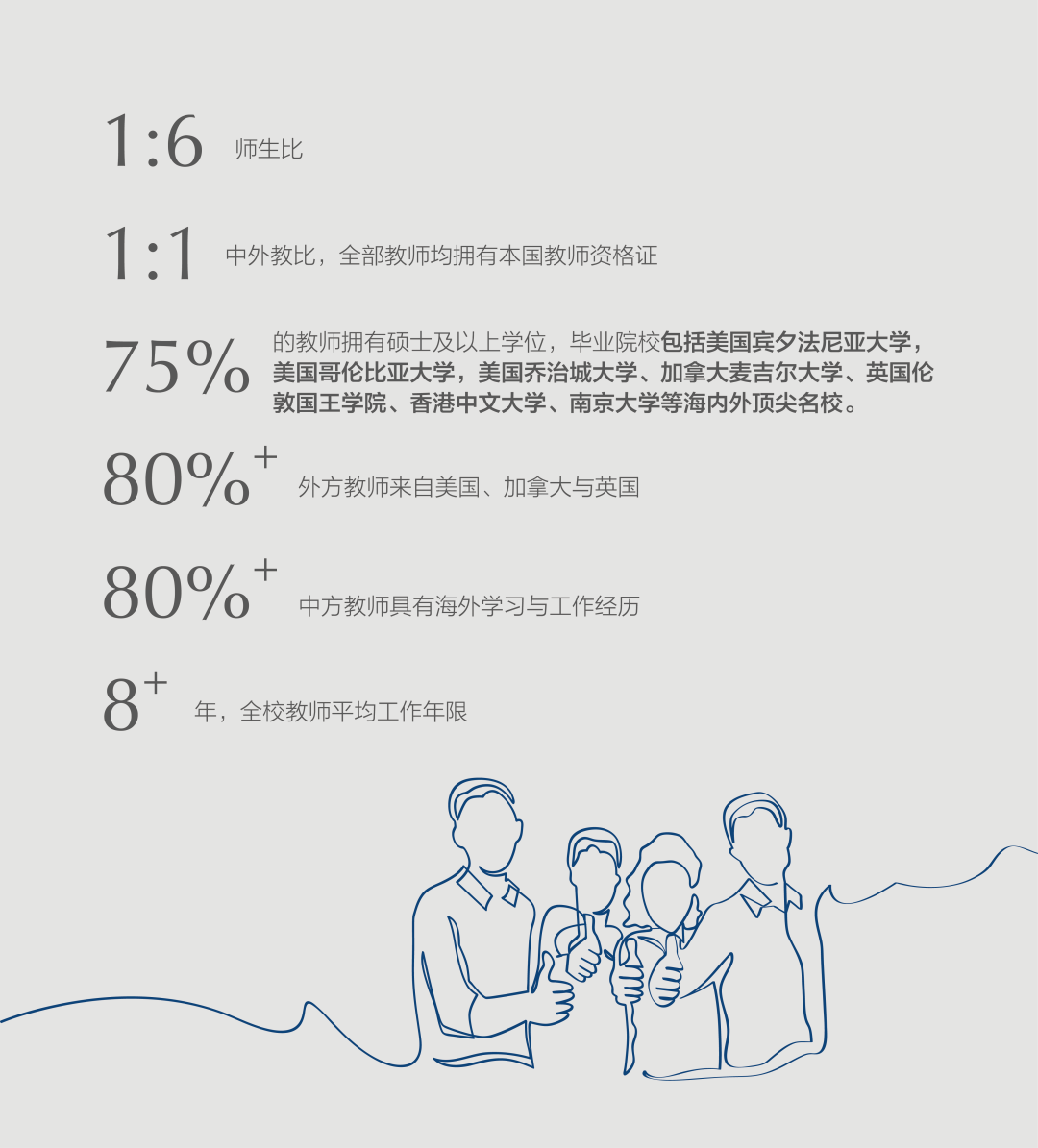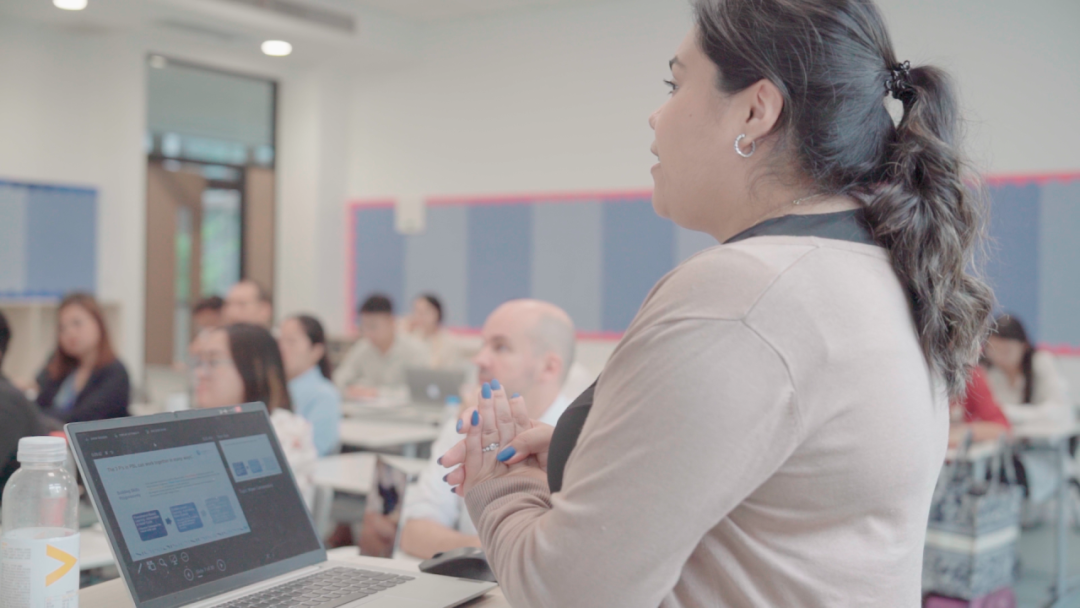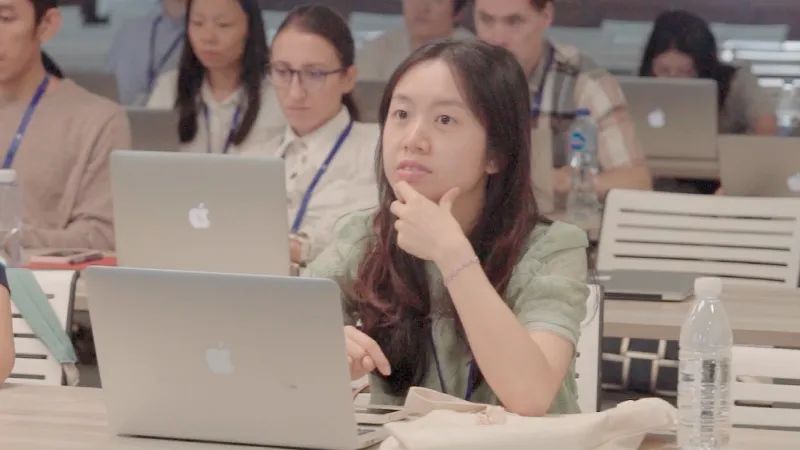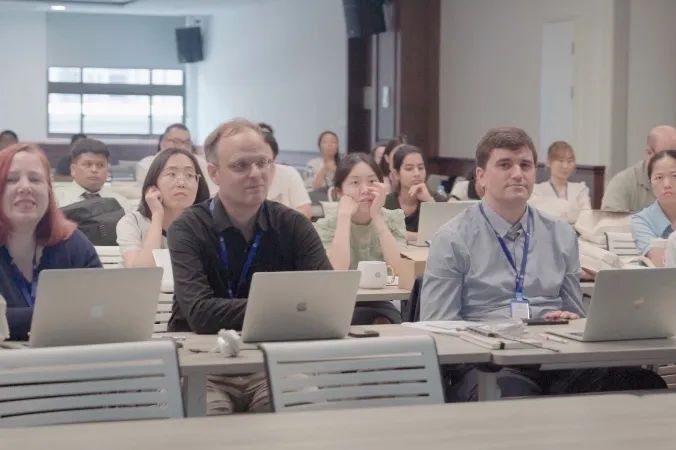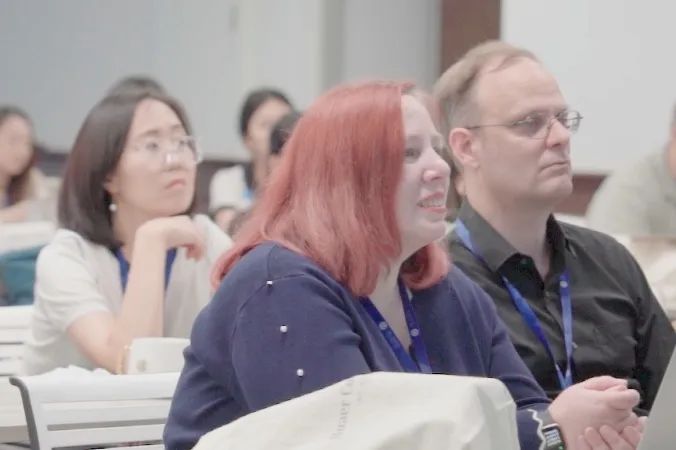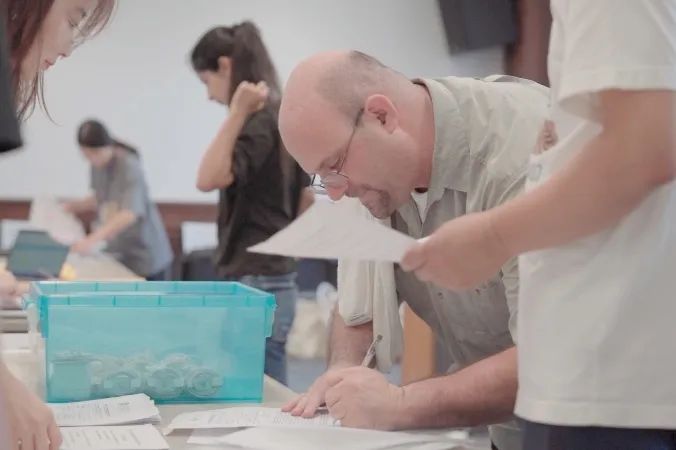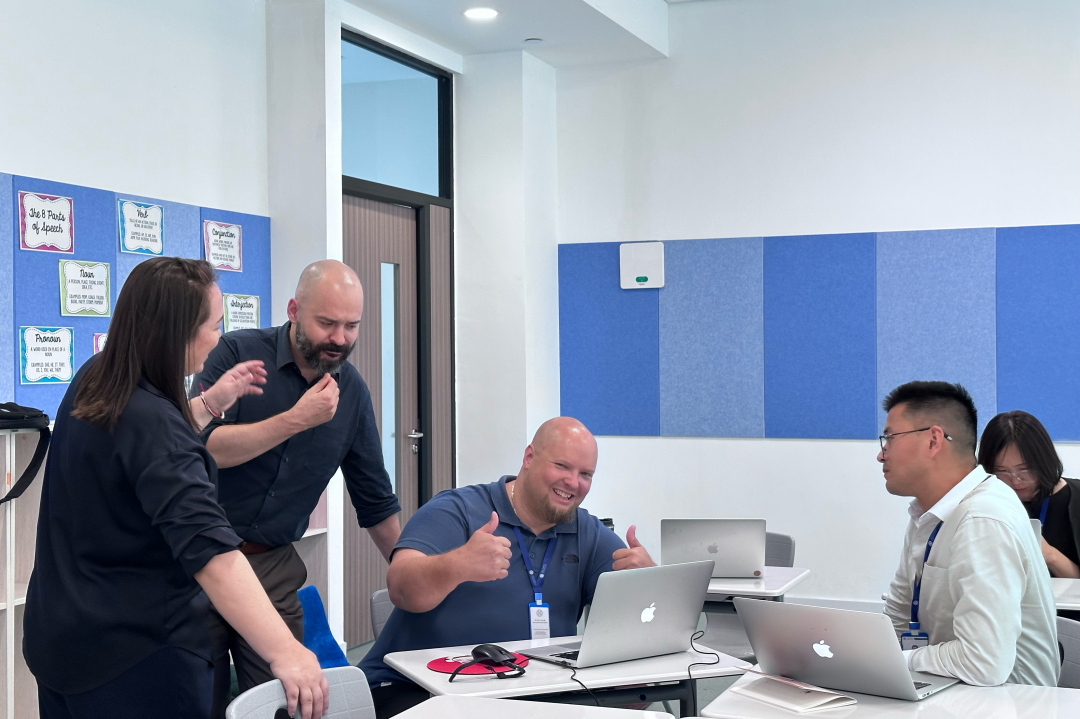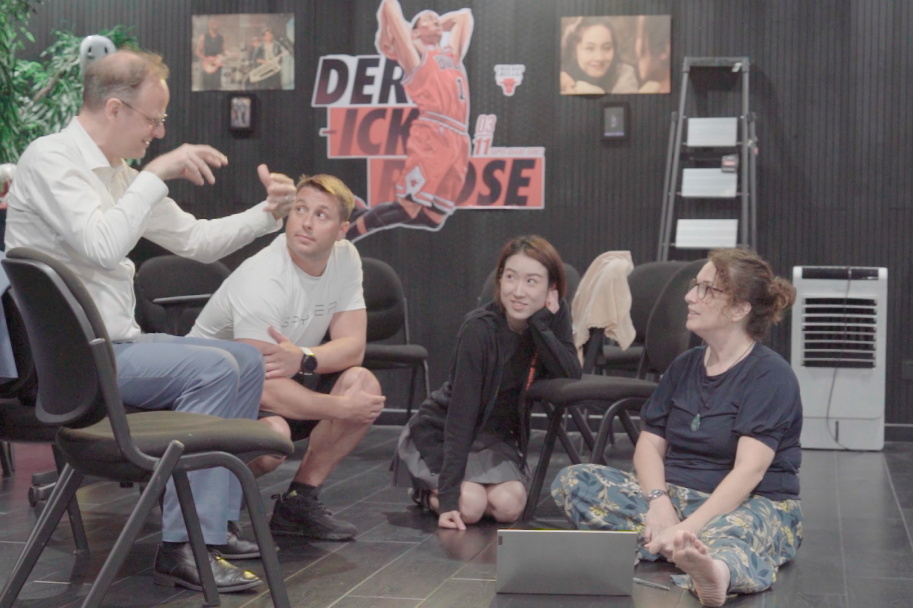The curriculum development team from the Dipont headquarters has provided a series of teacher training sessions, infusing fresh teaching philosophies and methods.
For instance, the STEAM curriculum adopts a unique approach, integrating projects, problems, and phenomena. This method encourages open-ended learning, fostering curiosity and emphasizing inquiry. Placing students at the center of learning, the approach diverges from the traditional model of students passively receiving information. Instead, students lead projects, while teachers guide and assist. Students take the lead in projects, contributing their experiences, solutions, and ideas, resulting in a highly personalized curriculum. As the projects are all related to real-life scenarios, students can apply their ideas and solutions to real-world issues.
During the training, Tasha, the instructor, offered several modules, including an introduction to STEAM, Project-Based Learning (PBL) training, and demonstration lessons. She explained, "PBL forms the core of our STEAM curriculum. I want teachers to grasp the true essence of PBL, which integrates project-based, problem-based, and phenomenon-based learning. In the demonstration lessons, teachers will experience creating projects that align with PBL's key elements, including guiding questions, problem-solving, and real-world connections. Teachers can apply PBL not only in STEAM but also in other subjects they teach. Research shows that PBL not only facilitates knowledge absorption but also encourages application in real-world contexts."
Furthermore, each PBL program incorporates assessments, forming formative assessments that can begin from the first day of the course rather than waiting until the project's completion. Assessment remains ongoing, providing continuous feedback loops. By establishing monthly professional development workshops and maintaining communication, teachers can offer feedback, share classroom experiences, and implement changes earlier.
向右滑动查看中文
